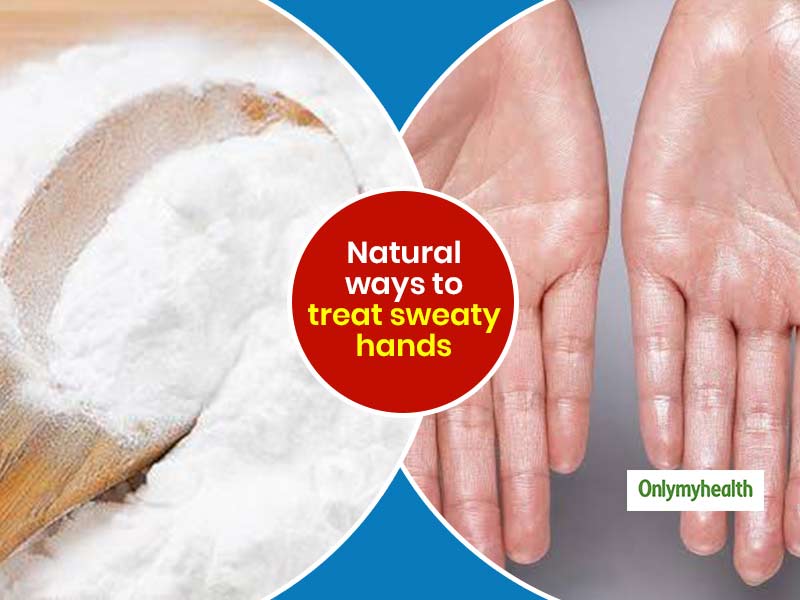Expert Dermatology Solutions for Treatment of Hyperhydrosis of Hands: Comprehensive Guide
Expert Dermatology Solutions for Treatment of Hyperhydrosis of Hands: Comprehensive Guide
Blog Article
Understanding the Source of Excessive Sweating and Its Effect On Day-to-day Live
While it is frequently understood as a physical action to regulate body temperature level, the triggers for too much sweating can differ commonly amongst people, including not only physical aspects however emotional and also emotional aspects. By diving right into the origin causes of hyperhidrosis and discovering its complex results, a deeper understanding of this pervasive concern can be gained, losing light on the complexities that individuals grappling with extreme sweating browse on a daily basis.
Physiology of Sweat Glands
The guideline of sweat manufacturing, an essential physiological procedure, is mainly managed by the activity of gland dispersed throughout the human body. Sweat glands are classified right into two primary kinds: eccrine and apocrine glands. Eccrine glands are the most many and are located in nearly all areas of the body. They play an important duty in thermoregulation by producing a watery fluid onto the skin's surface, which vaporizes and aids cool the body down. In comparison, apocrine glands are concentrated in locations abundant in hair roots, such as the underarms and groin, and their secretions are thicker and milklike in appearance.
When the body temperature level rises, either as a result of physical task, high temperature levels, or emotional stress and anxiety, the anxious system triggers the sweat glands to produce sweat. This sweat is composed mostly of water and electrolytes like sodium and chloride. The procedure of sweat production is necessary for preserving the body's interior temperature level within a slim, ideal variety, highlighting the essential duty sweat glands play in human physiology.
Triggers for Excessive Sweating
In recognizing the root triggers of extreme sweating, it is important to determine the triggers that can lead to this physical reaction. Physical exertion, high temperature levels, and spicy foods are likewise known to activate too much sweating in people prone to this problem.
In addition, drugs such as some antidepressants, opioids, and certain supplements can additionally serve as triggers for hyperhidrosis. Recognizing these triggers is essential in handling too much sweating effectively - Treatment for hyperhydrosis of hands. By identifying and attending to the particular triggers that prompt extreme sweating in a private, medical care service providers can create customized treatment plans to reduce this condition and enhance the person's quality of life
Medical Issue Associated
Associated with excessive sweating are various clinical conditions that can aggravate this physiological response. One typical problem is hyperhidrosis, a condition defined by unusually boosted sweating that surpasses the body's thermoregulatory needs. This can show up in focal locations like the palms, soles, underarms, or face, influencing an individual's lifestyle because of social shame and discomfort.
Moreover, endocrine disorders such as hyperthyroidism, diabetic issues, and menopausal warm flashes can likewise result in excessive sweating. Hyperthyroidism triggers an overflow of thyroid hormonal agents, speeding up metabolism and causing sweating. Diabetic issues can cause sweating episodes, particularly during hypoglycemic episodes when blood sugar degrees drop also reduced. Menopausal hot flashes, associated to hormone fluctuations throughout menopause, can trigger abrupt and extreme sweating, frequently come with by flushing and heart palpitations.
Furthermore, infections like tuberculosis, endocarditis, and hiv have been connected with night sweats, a common symptom recognized to disrupt sleep and impact general health. These clinical conditions highlight official statement the diverse variety of underlying elements that can add to extreme sweating, necessitating comprehensive analysis and monitoring by health care experts.
Emotional and psychological Elements

Effect on Social Communications
Excessive sweating can have profound impacts on a person's capacity to involve pleasantly in social interactions. The visible signs of sweat stains or wet patches on apparel can bring about embarrassment and self-consciousness, creating individuals to withdraw from social circumstances. This withdrawal can influence partnerships, limitation social activities, and hinder personal and specialist development.

Moreover, the anxiety and self-confidence concerns coming from too much sweating can affect interaction and social abilities. People might struggle to focus on discussions, take part in group tasks, or share themselves confidently. This can cause feelings of seclusion and loneliness, as social connections end up being challenging to preserve.
Final Thought

While it is typically recognized as a physiological feedback to regulate body temperature level, the triggers for too much sweating can differ widely among people, incorporating not just physical variables however also emotional and official source mental components. By diving right into the origin triggers of hyperhidrosis and exploring its diverse effects, a much deeper understanding of this prevalent concern can be gained, dropping light on the intricacies that individuals grappling with too much sweating browse on an everyday basis.
Physical effort, high temperature levels, and spicy foods are likewise recognized to activate extreme sweating in people vulnerable to this condition. By identifying go to the website and dealing with the certain triggers that prompt too much sweating in an individual, medical care companies can establish tailored treatment strategies to ease this condition and enhance the person's top quality of life.
Excessive sweating can have extensive effects on a person's ability to engage easily in social communications.
Report this page